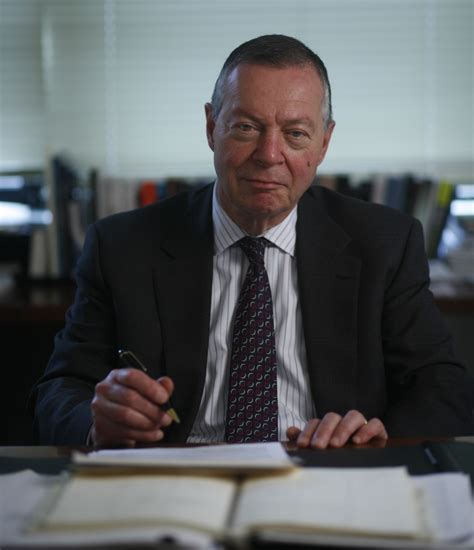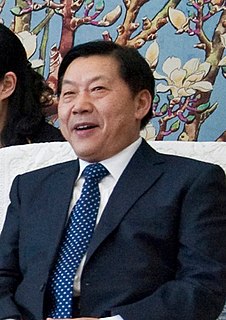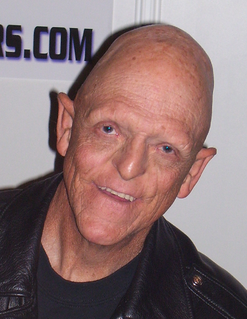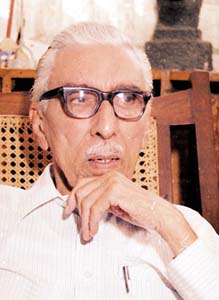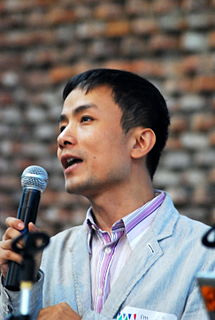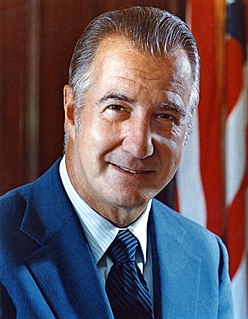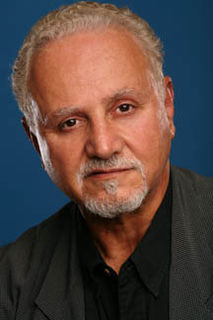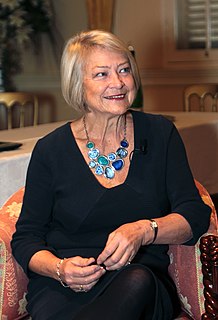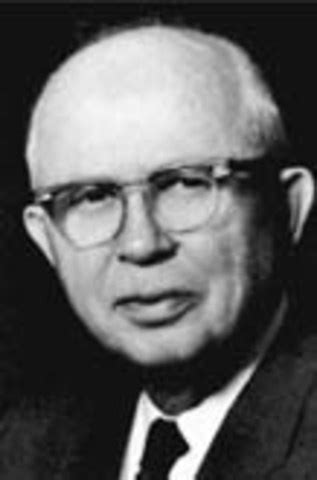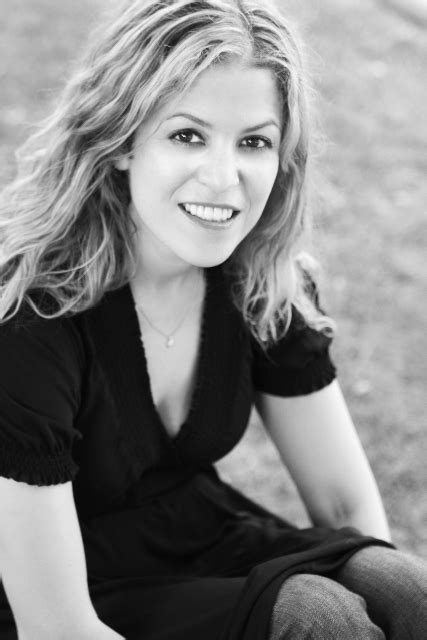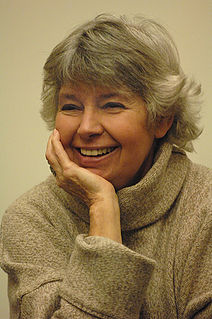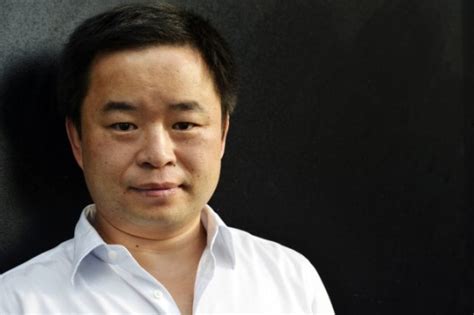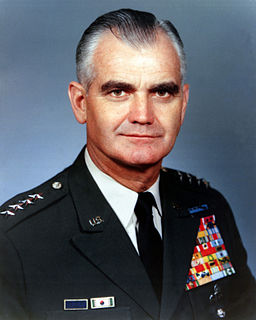Top 1200 Censorship In Books Quotes & Sayings
Explore popular Censorship In Books quotes.
Last updated on April 14, 2025.
Self-censorship happens not only in China, or Iran or ex-Soviet places. It can happen anywhere. If an artist penetrates a certain taboo or a certain power through their work, he or she will face this problem. I'm always saying that commercial censorship is our foremost censorship globally today. Why do we still pretend we are free?
Censorship' is a term pertaining only to governmental action. No private action is censorship. No private individual or agency can silence a man or suppress a publication; only the government can do so. The freedom of speech of private individuals includes the right not to agree, not to listen and not to finance one's own antagonists.
In many countries in the Middle East - and this is changing in the wake of the Arab Spring - but for a long time, censorship of books and film was a very big deal. There were books you couldn't buy; things with political content would be censored, but there were some genres of books and film that the censors just didn't understand.
I am not asking for government censorship or any other kind of censorship. I am asking whether a kind of censorship already exists when the news that forty million Americans receive each night is determined by a handful of men responsible only to their corporate employers and filtered through a handful of commentators who admit to their own set of biases.
Without any censorship, in the West fashionable trends of thought and ideas are carefully separated from those which are not fashionable; nothing is forbidden, but what is not fashionable will hardly ever find its way into periodicals or books or be heard in colleges. Legally your researchers are free, but they are conditioned by the fashion of the day.
One of the curious things about censorship is that no one seems to believe in it for himself. We want censorship to protect someone else— the young, the unstable, the suggestible, the stupid. I have never heard of anyone who wanted a film or speaker banned because otherwise he himself might be harmed.
If no one speaks out for [young readers], if they don’t speak out for themselves, all they’ll get for required reading will be the most bland books available. Instead of finding the information they need at the library, instead of finding novels that illuminate life, they will find only those materials to which nobody could possibly object... In this age of censorship I mourn the loss of books that will never be written, I mourn the voices that will be silenced — writers’ voices, teachers’ voices, students’ voices — and all because of fear.
I saw that publishing all over the world was deeply constrained by self-censorship, economics and political censorship, while the military-industrial complex was growing at a tremendous rate, and the amount of information that it was collecting about all of us vastly exceeded the public imagination.
Personally, I never understood the power of having books written about your experience - whatever that experience may be - until I wrote one and started hearing from teens. I just got an email from a reader who said that "Thirteen Reasons Why" was the first time they had felt understood. A book shouldn't be anybody's first time feeling understood and that's where censorship bothers me. These books need to be out there.
The books in Mo and Meggie's house were stacked under tables, on chairs, in the corners of the rooms. There where books in the kitchen and books in the lavatory. Books on the TV set and in the closet, small piles of books, tall piles of books, books thick and thin, books old and new. They welcomed Meggie down to breakfast with invitingly opened pages; they kept boredom at bay when the weather was bad. And sometimes you fall over them.
Censoring books that deal with difficult, adolescent issues does not protect anybody. Quite the opposite. It leaves kids in the darkness and makes them vulnerable. Censorship is the child of fear and the father of ignorance. Our children cannot afford to have the truth of the world withheld from them
Only idiots or snobs ever really thought less of 'genre books' of course. There are stupid books and there are smart books. There are well-written books and badly written books. There are fun books and boring books. All of these distinctions are vastly more important than the distinction between the literary and the non-literary.
As a form of moral insurance, at least, literature is much more dependable than a system of beliefs or a philosophical doctrine. Since there are no laws that can protect us from ourselves, no criminal code is capable of preventing a true crime against literature; though we can condemn the material suppression of literature - the persecution of writers, acts of censorship, the burning of books - we are powerless when it comes to its worst violation: that of not reading the books. For that crime, a person pays with his whole life; if the offender is a nation, it pays with its history.

